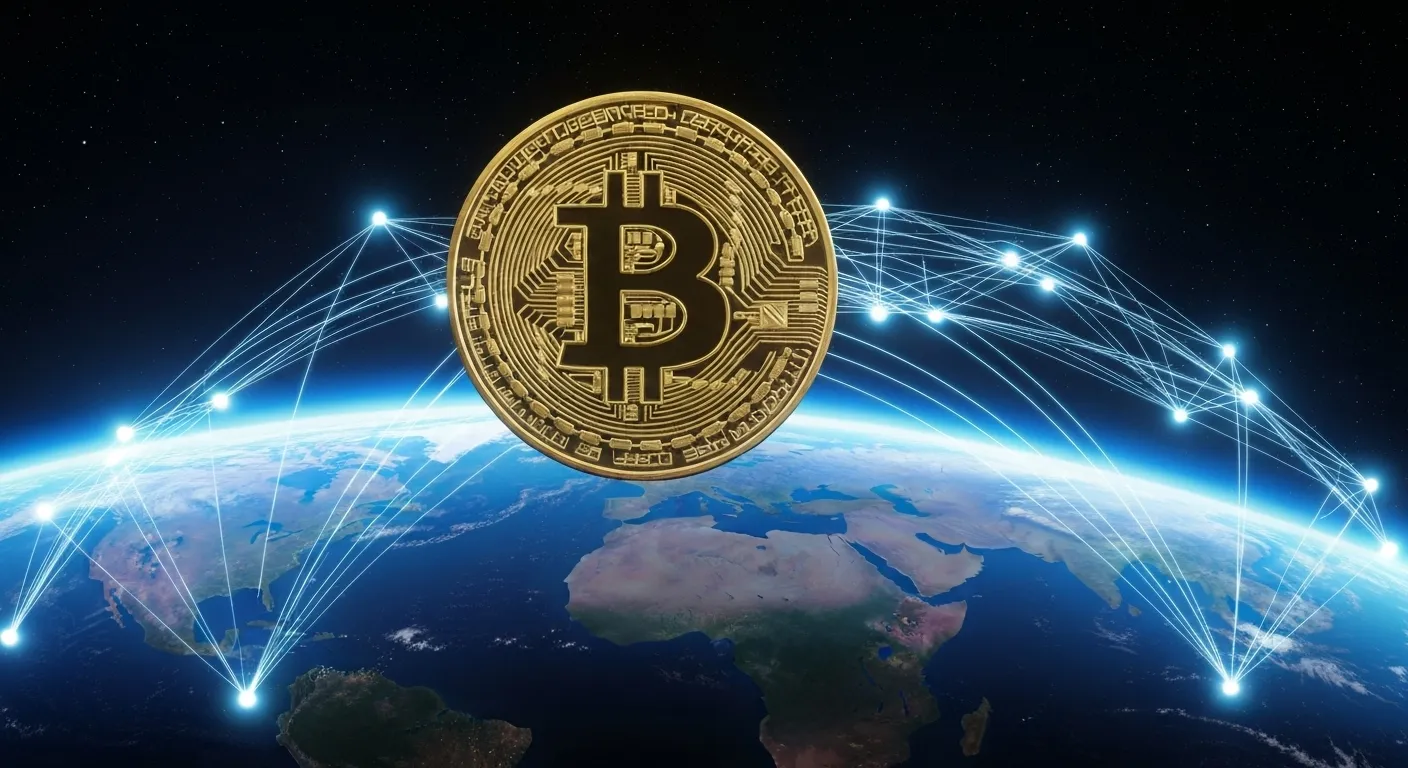For its first decade, the story of Bitcoin mining was a story of pure, unadulterated capitalism. It was a digital gold rush, dominated by scrappy entrepreneurs and massive private corporations chasing profit. The competition was fierce, but it was fundamentally an economic one. That era is now quietly coming to an end. A new and far more powerful set of players has entered the game: the nation-state.
I’ve come to think of the Bitcoin network as a new continent, and hashrate as the measure of influence and control over its territory. The first wave of settlers were the private prospectors. But now, the great empires are sending their fleets. Countries are beginning to view the accumulation of Bitcoin and the control of its production not just as an economic opportunity, but as a matter of national strategic interest.
Why? Because in a world of geopolitical uncertainty and shaky fiat currencies, a neutral, digital, bearer asset with a provably finite supply is the ultimate strategic reserve. Furthermore, controlling a significant portion of the hashrate gives a nation a powerful voice in the future of the network. We saw the first signs of this after China's mining ban in 2021. The great 'hashrate migration' that followed saw countries like Kazakhstan, powered by state-affiliated energy resources, suddenly become superpowers on this new geopolitical map. Rumors have swirled for years about sanctioned nations using mining as a way to bypass the traditional financial system. This is no longer a game for hobbyists.
So, how do you track this new great game? You stop looking at Bitcoin as a simple asset and start looking at it as a geopolitical map. You use tools like the Cambridge Bitcoin Electricity Consumption Index not just as a data point, but as a way to track the shifting locations of these new strategic outposts. You read the news not just for price predictions, but for announcements about energy policy and digital asset strategies from foreign governments. A new state-sponsored mining facility is the 21st-century equivalent of building a new naval base.
The decentralization of the Bitcoin network is its greatest strength, and it is incredibly resilient. The rise of nation-state miners doesn't necessarily threaten it, but it profoundly changes its character. It elevates Bitcoin from a purely economic phenomenon to a geopolitical one. The global competition for hashrate is just beginning, and it will be one of the most important and under-appreciated geopolitical stories of the 21st century. The new great game has begun.

